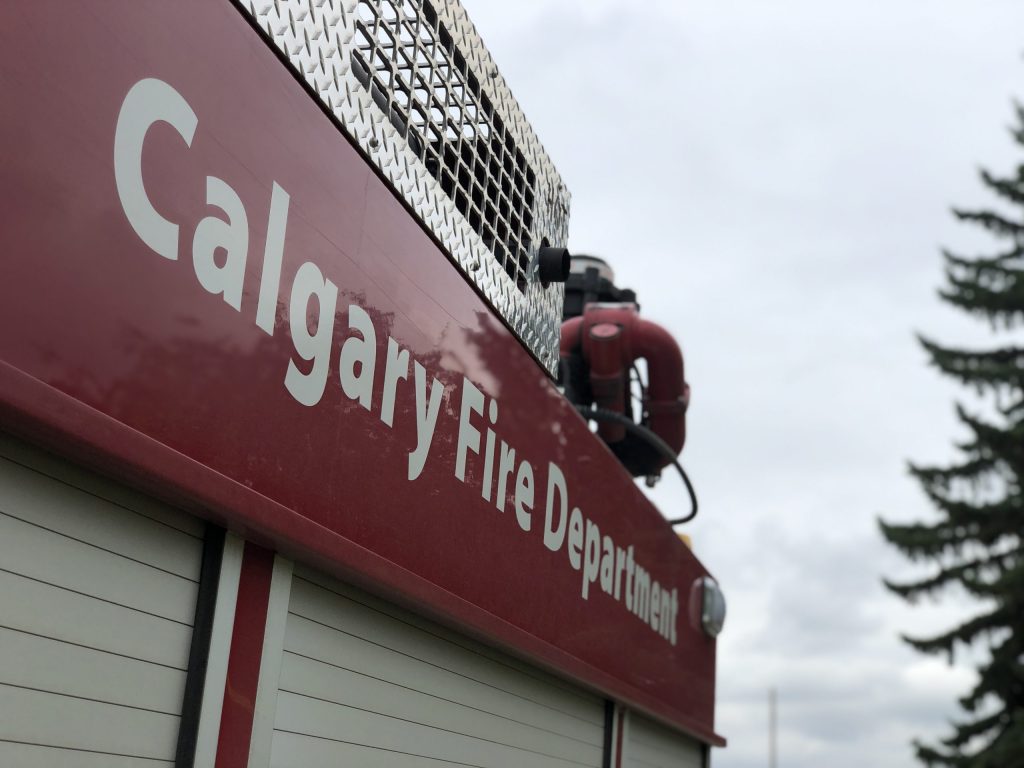Smoke, COVID-19 have experts divided on increased demand for HEPA filters
Posted Jul 19, 2021 5:51 pm.
Last Updated Jul 19, 2021 10:16 pm.
CALGARY — Some experts said the COVID-19 situation would be better in the summer because we’d be outside, but with smoke in western Canada, we’re all stuck inside.
This has triggered a debate on social media, where concerned citizens are calling out to install HEPA filters in indoor spaces, especially schools, to ensure better ventilation.
“The Public Health Agency of Canada, Centers of Disease Control in Atlanta, Georgia and the Environmental Protection Agency in the United States, have all endorsed filtration as a key component in mitigating against the airborne transmission of COVID-19,” said Dr. Joe Vipond, the co-founder of Masks4Canada. “Rejigging an HVAC system for an entire building is very expensive, but installing some portable HEPA filters is not that expensive so you can improve the filtration in the room very rapidly and very cheaply through portable filtration.”
On the other hand, some medical experts, though agreeing with the benefits of HEPA filters, argue that they are meant for designated spaces like commercial aircraft and hospital operating rooms only.
READ MORE:
-
Alberta surpasses five million COVID-19 vaccines administered
-
Smoky conditions unlikely to improve soon; expert says conditions indicative of climate change
-
Calgary suffering from wildfire smoke as air quality levels worsen
“I don’t think it’s pragmatic for households or for schools or for malls to install that level of HEPA filters into them,” said Dr. Richard Leigh, an inflammatory lung disease expert and senior associate dean at the University of Calgary.
Meanwhile, Vipond says we are not out of the woods yet, so alongside ensuring safe indoor ventilation for students as well as all Albertans, we need to make all possible efforts to monitor the daily cases, especially the variants of concern.
“I think we will just have to watch the numbers over the next days to two weeks, that is when we will see any kind of impact from the Stampede,” said Vipond. “This is the dangerous time and of course we have relaxed pretty much all of our mitigation measures, there are no enforcement mitigation measures in Alberta anymore, and looking to other countries around the world, we have seen what that’s done, so we hope we do not become an Isreal or the United Kingdom.”








